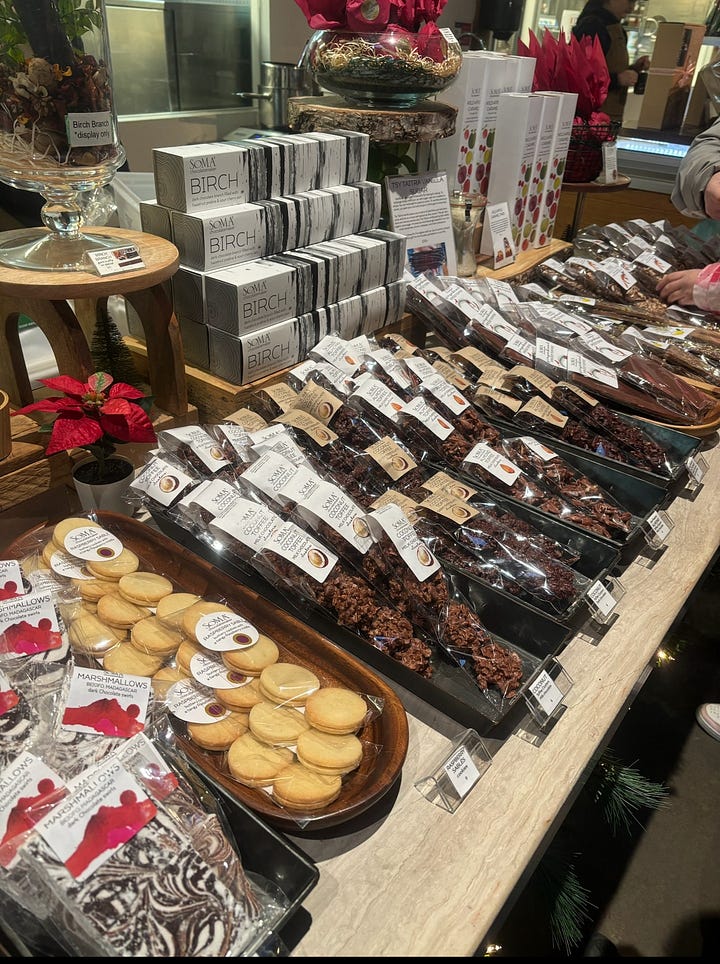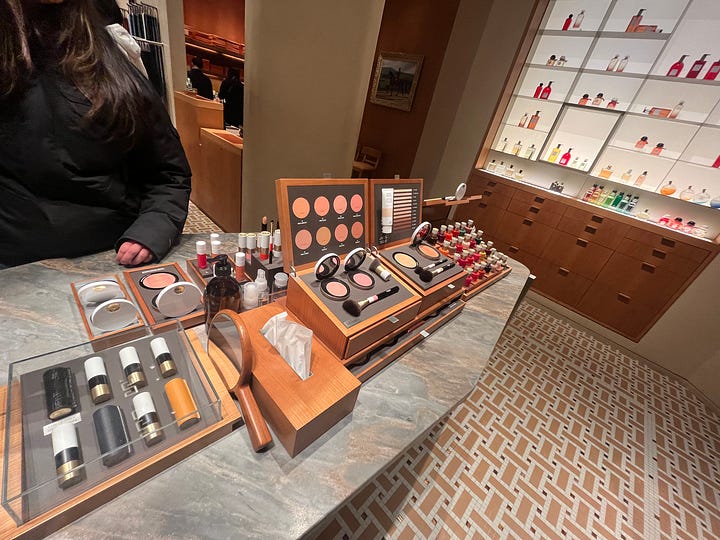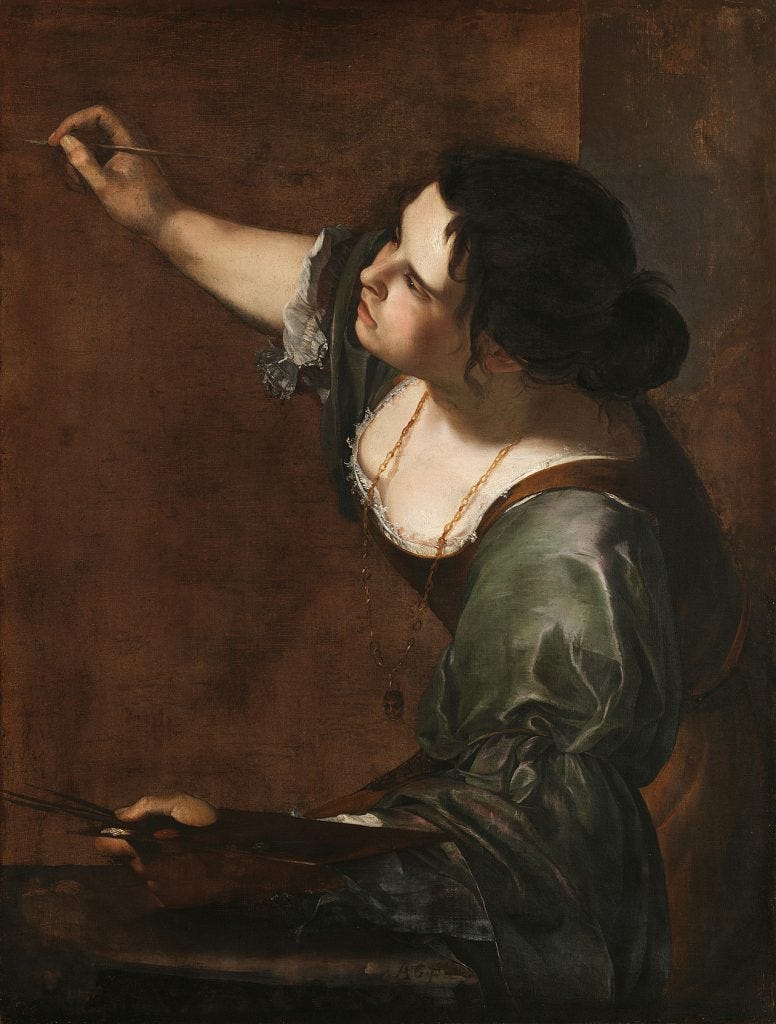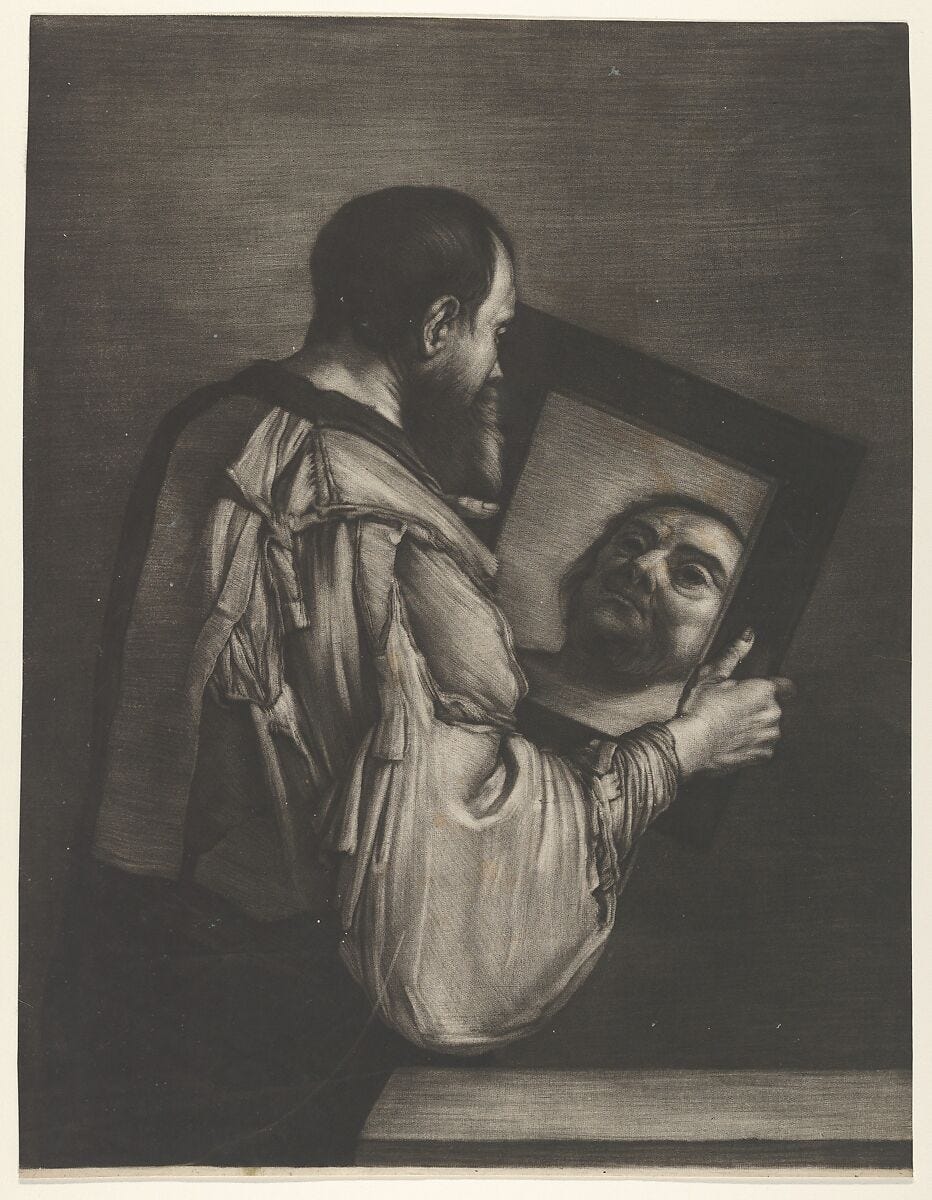As I was immersing myself into the etymology of the word “creativity”, I found an even more interesting word: “Meraki”.
Creativity stems from the Latin word creare, meaning “to create” or “to make”. Creativity was often associated with biblical stories on God’s creation of the world. However with the advent of modern 20th century psychology, we understand that this trait is influenced by factors like motivation & personality, particularly through exploring how these elements interact within the brain to generate creative outcomes. I personally love how this blog post explain the concept of creativity.
Meraki (may-rah-key) has roots in the Greek language, translating literally to “the essence of yourself”. This word points us in the direction of doing things with passion, and to leave a piece of yourself into anything you’re doing.
“When you leave a piece of yourself, your soul, creativity, and love in what you do. To put a little bit of yourself into something.”
While creativity is used to refer to the ability to generate new ideas or concepts, meraki tells a story of doing something with your soul, passion, and love. Go beyond the act of creativity; pour a part of yourself into your work.
I’ve always found the science behind the creative process fascinating, especially as the neural circuits that define creativity have been increasingly defined in recent decades. I was originally intending on writing solely about creativity + originality, but this tangent on meraki is something worth revisiting in the future. Both creativity and meraki are concepts that are applicable to any discipline, though in this post, I want to touch on the former.
creativity is required to do great work.
One of my favourite essays by Paul Graham, on how to do great work, literally gives you the manual on how to do great work in X field you’re in (everyone has a unique interpretation of “great work”). And, he briefly touches on coming up with great ideas… the criteria for great ideas is that they must be true and new. But how does one just come up with great ideas? I think it goes back to originality and creativity.
I’m highlighting this particular essay because he also makes reference to the “creative process”, which is a misleading term as originality / creativity are not processes, but rather habits of mind. I’m paraphrasing here, but creative thinkers generate fresh perspectives on whatever they’re interested in. They can’t help it. Perhaps there aren’t systems you can put in place to simply become a more creative person per se, but can you cultivate it to the point where you start generating more and more great ideas than you did yesterday?
observations
I’ve noticed that some of the most creative thinkers have their own ways of coming up with great ideas. The best way I can describe it in a sentence is: “getting rid of the noise”.
Tim Ferriss, known especially as the host of the Tim Ferriss Show podcast as well as the author of the 4-Hour self-help book series, is a phenomenal writer and pioneer in any field he finds himself in. More specifically, he’s worked as an investor and contributed greatly to various philanthropic efforts. What sets him a part, I believe, is this creative force he possesses to be able to generate new creative and original ideas in every field.
Here, Tim describes his writing process as working when the rest of the world is inactive (late night or early morning). He achieves escape velocity by doing his most important and fulfilling work when there are no distractions, and hence no noise.
Rick Rubin, credited with being one of the most creative & prolific producers of all time, has the ability to succeed in a wide range of musical genres, because of his creative persona. After listening to this podcast, I’ve noticed that Rick has a very meticulous relationship with light; his schedule works around the rise and fall of the sun to the T. He’s also a very meditative individual, because he feels it’s a tool that helps us stay present and override the conscious mind.
consensus
From both of these examples, I found it especially interesting how Tim and Rick have created their own unique protocols for enhancing their creativity in order to generate great ideas and do great work. Again, it’s not a process or step-by-step system you can follow, but I do believe that there are different tools and frameworks we can immerse ourselves in to cultivate the most creative versions of ourselves. Simply put, get rid of the noise.
project updates!
The winter months have been especially busy for me (school, other commitments, etc). I want to be intentional about always sharing what I’ve been up to for the month, so here we are now.
With one of my good friends, we’ve been working together on building a project to combat HCV in Punjab. This problem is especially important to both of us, since our roots both come from the state of Punjab, India. We’ve always felt as though problems in this geographical region are especially underrepresented, and so we put our heads together and started brainstorming. I’ll give more details for the project in itself a later time, but for now we’ll continue working :)
As I’ve gotten more and more interested in software and computer programming, I’ve brushed up on my Java & Python skills so that I can work towards building more in the future! I’m really excited to get started on some new programming projects, and reading more papers on machine learning 🤖




thank you so much for reading my monthly newsletter :) that’s it for jan + feb, but stay tuned for march! i’m always looking for feedback + recommendations, so feel free to contact me! see you next month!







LOVE THIS!!